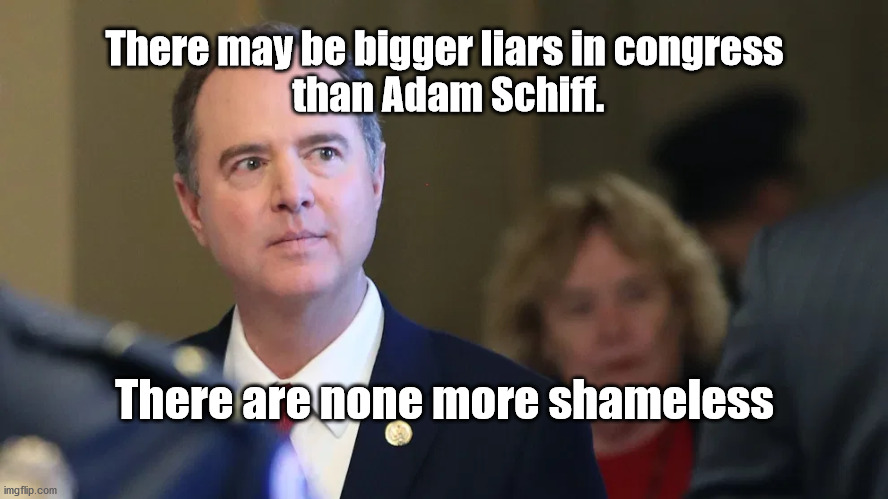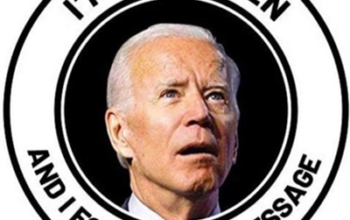The revenues of California are going down. When you kill off the energy industry, create even higher taxes, force businesses to pay wages that are not realistic, by forcing large and small employers to leave the State, by running failed government schools—and preferring illegal aliens to honest citizens, California—California is in an economic collapse—based on the corruption and fascism of Sacramento, Newsom wants to bring the California failure to the rest of the nation.
“A trend has emerged from a growing number of bills Governor Gavin Newsom is choosing to veto this September – and it’s based on a money problem.
Nearly a dozen bills the governor has rejected in recent weeks include a letter cautioning lawmakers against spending unbudgeted funds. Some of those measures would have done things like provide free transit passes for students, limit preschool fees for low-income families, and create a pilot to fund outreach for behavioral health services to certain Medi-Cal patients.
All laudable goals, the governor writes, but the cash isn’t there.
Even the economic illiterate Newsom sees the economic collapse of California over the next couple of years—while he is running for President. At least he is vetoing costly bills in preparation for the needed cutbacks next year.
Facing lower-than-expected revenues, Newsom vetoes spending bills

Nicole Nixon, Capitol Public Radio, 9/22/22
A trend has emerged from a growing number of bills Governor Gavin Newsom is choosing to veto this September – and it’s based on a money problem.
Nearly a dozen bills the governor has rejected in recent weeks include a letter cautioning lawmakers against spending unbudgeted funds. Some of those measures would have done things like provide free transit passes for students, limit preschool fees for low-income families, and create a pilot to fund outreach for behavioral health services to certain Medi-Cal patients.
All laudable goals, the governor writes, but the cash isn’t there.
“With our state facing lower-than-expected revenues over the first few months of this fiscal year, it is important to remain disciplined when it comes to spending, particularly spending that is ongoing,” the governor repeats in a veto message attached to multiple bills.
Those lower-than-expected revenues are currently sitting about $4.4 billion below what was forecast earlier this year, according to H.D. Palmer, deputy director of external affairs at the California Department of Finance. It’s due mostly to lost income tax and capital gains revenue from the state’s higher earners.
The governor’s veto message says bills sent to his desk add up to more than $30 billion in one-time and ongoing spending not accounted for in the state budget, which was approved in June.
The proposed programs would cost money that wasn’t budgeted for, and the governor says the measures “should be considered and accounted for as part of the annual budget process.”
“For these reasons, I cannot sign this bill,” his letter concludes
No change in fiscal forecast, but ‘ongoing caution’
Palmer says the reoccurring veto letter is an “emphasis of cautionary notes” the administration has been holding up in recent months about state revenues and their volatility.
California’s progressive tax system relies heavily on high-income earners. Palmer said the most recent data shows the top 1% of taxpayers were responsible for 49% of all income tax revenue the state collected. That includes capital gains taxes, or taxes collected when stocks, homes and other investments are sold.
The huge surpluses of the past two years were due in large part to wealthier earners doing well financially during the pandemic. But there are signs that trend is starting to slow.
“When the markets are doing very well, [higher earners] do well and state revenues do very well,” Palmer said in an interview. “When they don’t and the markets don’t, our revenues suffer. And we’re starting to see a little bit of that reflected, we think, in our revenues coming in below projections as the markets have taken a bit of a turn.”
Palmer says the $4.4 billion decline in revenue is occurring as unemployment continues to fall in California, which could mean the losses are indeed happening among high earners who have a big fiscal impact on state revenues.
The Department of Finance predicted in May that the state’s good fortunes wouldn’t last forever, citing the war in Ukraine, inflation, global supply chain disruptions and the stock market as potential warning signs.
“There continues to be a great deal of uncertainty in terms of the economic situation and in the revenue forecast. We noted in May that the Federal Reserve might increase interest rates even further,” Palmer said, which has happened several times this summer, most recently on Wednesday.
The Newsom administration and legislative leaders say the state is more prepared for a potential downturn, pointing to efforts to shore up budget reserves and pay down state debts. The state has more than $37 billion in reserve accounts, including $23.3 billion in the Rainy Day Fund.



